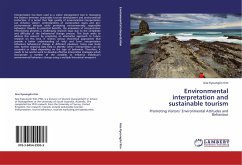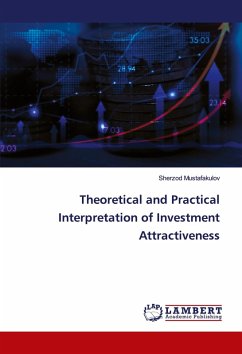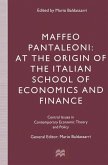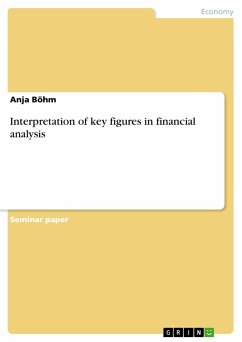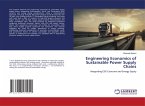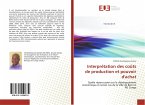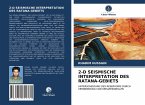Interpretation has been used as a visitor management tool in managing the balance between sustainable tourism development and environmental protection. It is noted that high quality of environmental interpretation can enhance visitors understanding of conservation issues and pro-environmental attitude while promoting environmentally responsible behaviour. Despite its potential benefits, the evaluation of interpretation effectiveness presents a challenging research topic due to the complexity and difficulty of the behavioural change process. This book seeks to address this concern by proposing an alternative approach to future research on this area. It reviews various theoretical approaches that provide a better understanding of why and how interpretation influences behavioural change in different situations. Using case study sites, further empirical data help to identify when interpretation can be successful or failed depending on the type of behaviour. Therefore, it needs to be careful work to develop effective interpretive strategies which incorporate a number of the variables to influence individual s environmental behaviour change using a multiple theoretical viewpoint.
Bitte wählen Sie Ihr Anliegen aus.
Rechnungen
Retourenschein anfordern
Bestellstatus
Storno

